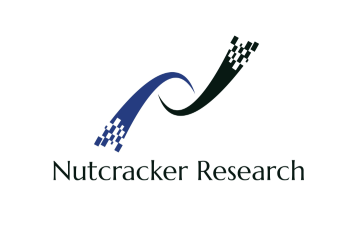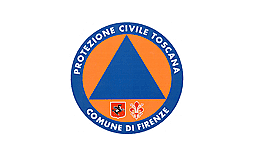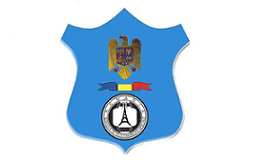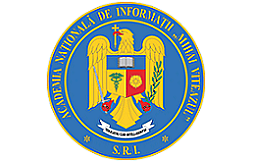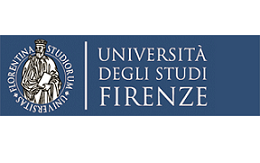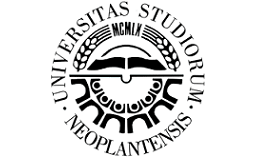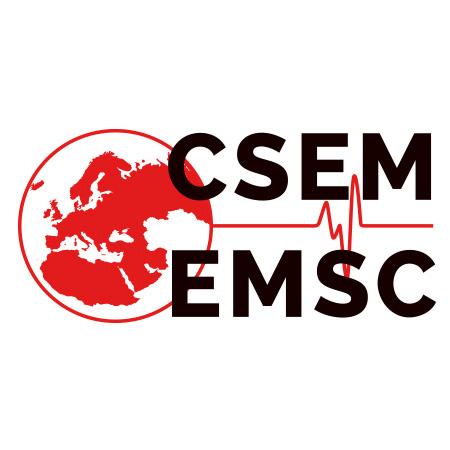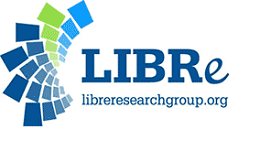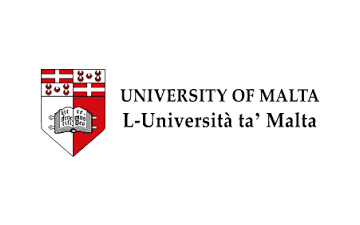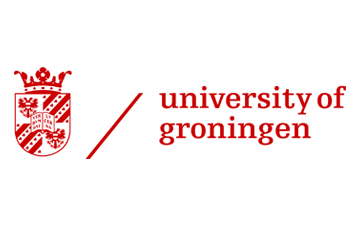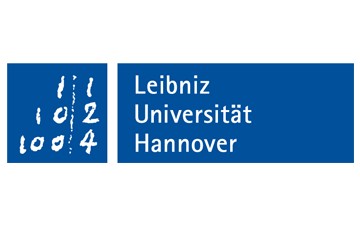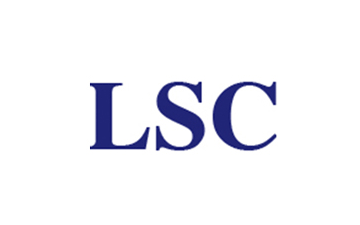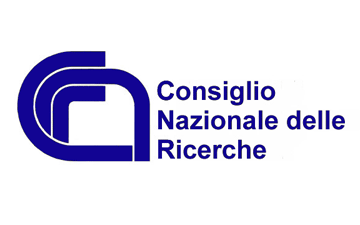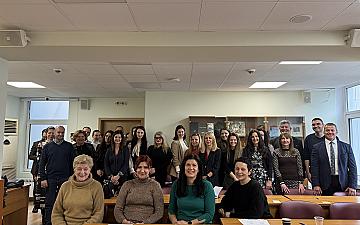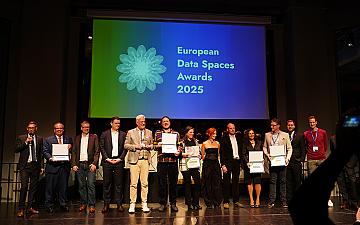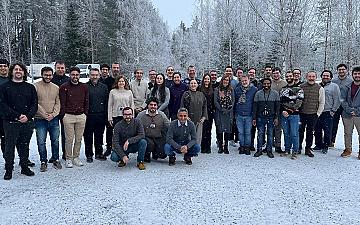Culture And RISk management in Man-made and Natural Disasters (CARISMAND)
Projects / Completed
Acronym: CARISMAND
Period: October 2015 - September 2018
Status: Finished
Contacts: Prof. George Dimitrov, DSc
Description
Culture And RISk management in Man-made and Natural Disasters (CARISMAND) aims to deal with the issues of preparedness, response to disasters and after-crisis recovery which is inevitably influenced by cultural background of individuals and the society they live in. In this context culture is understood as the characteristics of a particular group of people defined by everything from a set of values, history, literature, language, religion to cuisine, social habits or music and arts. Cultural factors play an important role in determining the way people response to stress, engage in crisis management and accept disaster relief in an emergency. However, these factors could also negatively impact the professional response to disaster because of the lack of cultural understanding, sensitivity and competencies as well as due to lack of understanding of the cultural background of the victims of a disaster. The project addresses risks as non-objective but socially and culturally constructed. Thus, disaster management which is aware, respects, and makes use of local cultural aspects will be not only more effective but, at the same time, also improve the community’s disaster coping capacities.
CARISMAND is set out to identify these factors, to explore existing gaps and opportunities for improvement of disaster policies and procedures, and to develop a comprehensive toolkit which will allow professional as well as voluntary disaster managers to adopt culturally-aware everyday practices. This goal will be achieved by approaching the links, the gaps between disaster management, culture and risk perception from the broadest possible multi-disciplinary perspective and, at the same time, by developing a feedback-loop between disaster management stakeholders and citizens to establish, test, and refine proposed solutions for culturally-informed best practices in disaster management. The project will employ an approach that examines natural, man-made and technical disasters, placing at the centre specific aspects that affect culturally informed risk perceptions, such as whether disasters are caused intentionally or not, the ‘visibility’ of hazards, and various time scales of disasters etc.
The project is supported by the European Commission under H2020, call H2020-DRS-2014 ‘Disaster-resilience: safeguarding and securing society, including adapting to climate change’, Topic DRS 21-2014 ‘Ethical/Societal Dimension topic 2: Better understanding the links between culture, risk perception and disaster management’. CARISMAND is created within the research network LexConverge. Prof. Joseph Cannataci is the main researcher and overall project coordinator as part of the University of Groningen team from the Netherlands. Bulgaria is in partnership with 19 other partners from 11 different countries.
Law and Internet Foundation will coordinate WP11 on the Synthesis of WP2-WP8 and the preparation of briefs for Citizen Summits and Stakeholder Assemblies. Our organisation will also be involved as partner in all other work packages, save for WP12 Internal Evaluation.
For further information please visit the project website.
News
- CARISMAND Project Partners Gather in Bucharest for a Steering Committee Meeting
- CARISMAND Sixth Citizen Summit in Utrecht, the Netherlands
- CARISMAND Fifth Citizen Summit in Lisbon, Portugal
- Law and Internet Foundation took part in the CARISMAND Third Stakeholder Assembly
- CARISMAND Project Partners Gather in Sofia for a Steering Committee Meeting

